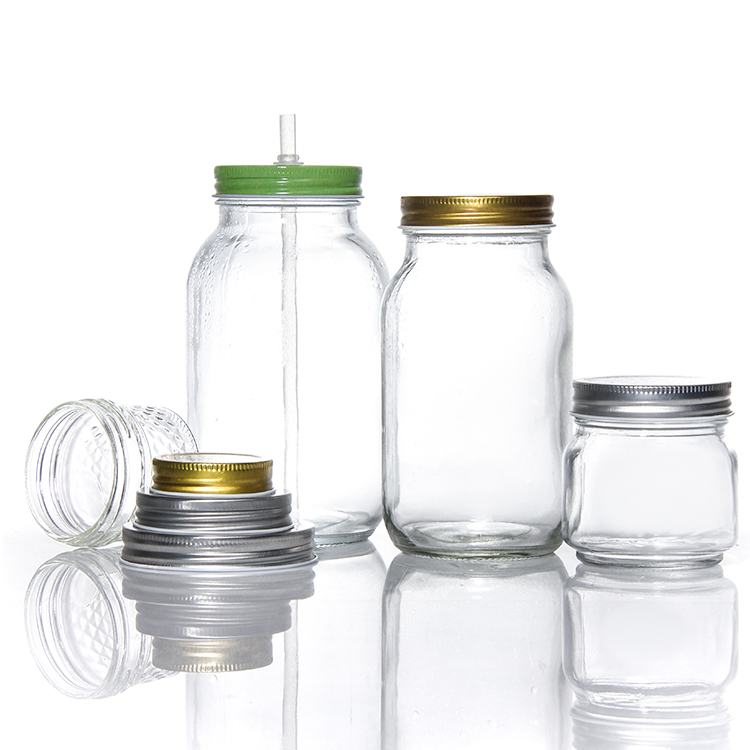Discussing the cost-effectiveness of glass in the long term
Discussing the cost-effectiveness of glass in the long term
When evaluating the economic advantages over time,selecting glass as a packaging materialemerges as a wise and economical choice.
The resilience of glass containers is pivotal for their cost-effectiveness in the long run. Unlike some disposable alternatives,glass jars can endure significant use without significant degradation,which extends their usable life. Moreover,the ability to reuse glass minimizes the necessity for constant replacements,leading to considerable savings in the long term.
The interplay of durability and reusability leads to substantial cost reductions. Although the upfront cost of glass might seem steeper than certain other options,the prolonged service life and decreased frequency of replacement balance out this initial expense. The financial benefits become apparent in the long haul as the demand for repeated purchases lessens.
It's essential to challenge the belief that glass is inherently a costly option. By recognizing the lasting advantages of durability and reusability, consumers can make well-informed decisions that weigh long-term cost-effectiveness against the initial outlay.
The enduring strength, reusability, and overall economic viability make glass a sensible option for those looking to emphasize long-term financial benefits in their packaging selections.

Glass containers are more durable
Glass containers are celebrated for their sturdiness and extended life, positioning them as dependable options for a wide array of storage requirements.
Crafted from a strong and tenacious material, glass jars are designed to withstand daily wear and potential collisions. In contrast to some packaging materials that can weaken with time, glass retains its strength, offering a durable and dependable storage solution for the long haul.
Glass's natural resistance to deterioration ensures that the jars stay in superior condition through repeated use. This attribute is especially beneficial for products that are regularly stored and retrieved,as glass jars can endure the daily handling without losing their utility.
The extended life of glass jars means there's less need for constant replacements. Although the initial cost might surpass that of some other options, the enduring nature of glass jars equates to savings over time, as they can be used for a long duration without the need for constant replacement.
The lasting durability of glass jars establishes them as a steadfast and enduring choice, delivering to users containers that are both reliable and sturdy, capable of withstanding the test of time and regular use.
Glass containers are more environmentally friendly
Glass jars are distinguished as a more eco-friendly packaging choice, promoting sustainability.
Being entirely recyclable without degradation, glass containers can be repurposed indefinitely through a recycling process that involves melting and remolding, creating a closed-loop system that significantly reduces waste. By choosing glass, one aids in mitigating the environmental impact of disposable packaging.
Selecting glass jars mitigates the environmental impact. In contrast to certain materials that can emit harmful substances during production or disposal, the glass manufacturing process is more environmentally clean, emitting fewer pollutants. This makes glass an ecologically responsible option for those mindful of their environmental footprint.
The primary ingredients in glass—sand, soda ash, and limestone—are plentiful, reducing the demand on natural resources compared to materials that necessitate intensive extraction or processing. Glass jars exemplify sustainable practices through their efficient use of resources.
The eco-benefits of glass jars are multifaceted, from their recyclability to their conservation of natural resources, positioning them as a thoughtful selection for individuals and businesses dedicated to sustainable packaging that lessens ecological harm.